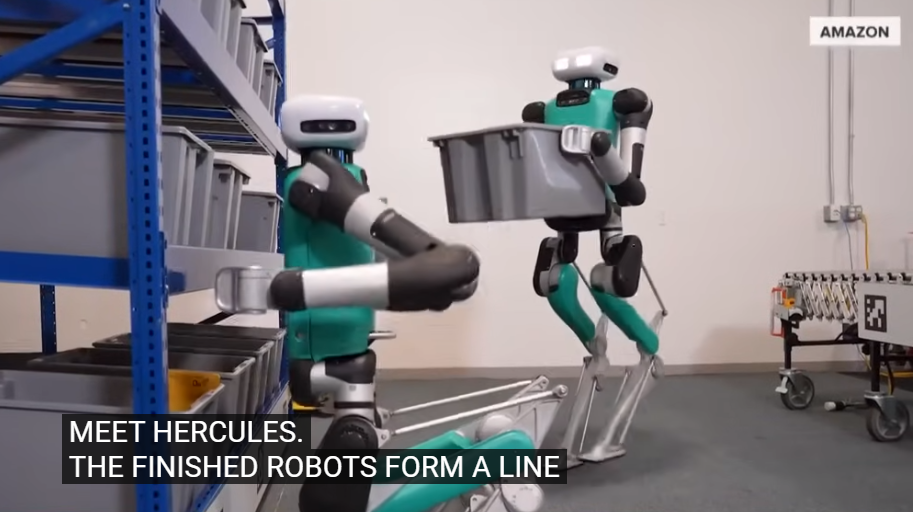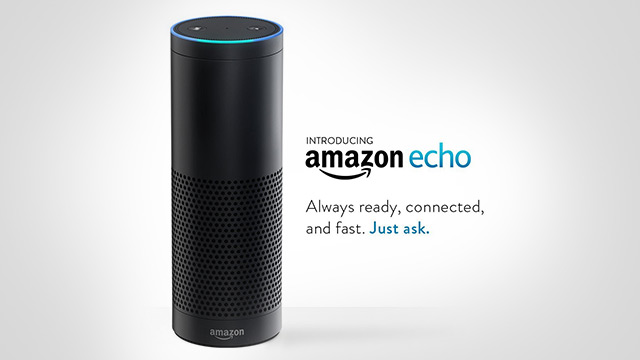
The tech giant, which is one of the world's largest manufacturers of personal computers and printers, says that everyday consumers will be prohibited from printing so-called "ghost guns" – which are made of plastic and contain no metal, supposedly making them "undetectable," according to liberals – on its machines, citing a "regular use" policy that prohibits the practice.
Unless owners of HP's 3D printers are licensed firearms manufacturers, they won't be allowed to print their own guns. And nobody, the company says, will be allowed to print any type of firearm that can't be detected by airport security.
"HP is against 'ghost guns' being produced on our 3D printers," HP Chief Executive Dion Weisler wrote in a letter back in November that was obtained by The Oregonian / OregonLive.com.
HP won't say how it plans to police users and prevent them from printing 3D guns
Weisler's letter does not, however, indicate how HP plans to police 3D printer users in order to prevent them from violating the company's "regular use" policy. Since ghost guns are designed to be untraceable and unregulated, it would seem as though HP is merely blowing politically-correct smoke.
Fox News attempted to contact HP for further details, but was reportedly unable to get a response.
It's important to keep in mind that it's currently legal for everyday American citizens to manufacture their own firearms at home using traditional methods and materials, just so long as they don't sell these weapons to someone else.
"It's a problematic issue," says Dogan Yirmibesoglu, a 3D printer researcher at Oregon State University (OSU), who says that the best way to restrict 3D printing of firearms at home is to restrict blueprints from being shared online.
"If there's no blueprints of the weapons online, out there for free, nobody can print those unless they're gun specialists," he's quoted as saying by Fox News.
For more firearms-related news, be sure to check out Guns.news.
Washington State extends ban on publishing ghost gun blueprints online
In Washington State, opponents of 3D gun-printing have successfully convinced the court system there to maintain a ban on the publishing of ghost gun blueprints online, pending ongoing litigation over the practice.
As to be expected, gun control advocates contend that Americans shouldn't be allowed to print their own firearms at home. They've since been challenging this newfound freedom via the justice system, including in Washington where anti-gun sentiments are strong in the state's urban centers.
"Defense Distributed, a non-profit defense firm based out of Austin, Texas, had planned to offer the blueprints for download starting Aug. 1 following a multiyear legal battle with the federal government," explains Fox News.
"However, in late July U.S. District Court Judge Robert Lasnik stopped the release of the blueprints. President Donald Trump has also voiced his concern over the weapons."
Amazon shutters website of gun rights group that shared blueprints for 3D-printed firearms
Tech giant Amazon is also getting involved in the political skirmish, with reports indicating that the company recently pulled the website of a gun rights coalition that had posted blueprints for 3D firearms online.
Amazon Web Services removed the website, CodeIsFreeSpeech.com, after receiving a notice that the group had shared downloadable plans for a 3D-printed handgun known as "The Liberator" – though just days later, the site was reportedly uploaded to another server.
The site is still running, despite the federal judge ruling mentioned above. Reports further indicate that Defense Distributed was behind the plans, having reached a settlement with the federal government back in June.
"The purpose of this project is to allow people to share knowledge and empower them to exercise their fundamental, individual rights," explains the CodeIsFreeSpeech.com website.
Will HP force purchasers of 3D printers to sign contracts abolishing their Second Amendment rights?
While it remains unclear how HP plans to proceed in limiting the ability of users to print 3D guns at home, some experts believe that the company may try to enforce its anti-gun policies through legal contracts:
"... which doesn't explicitly stop customers from 3D printing guns but it does provide HP a legal cushion separating them from the liability of damages that may be caused by one of its clients 3D printing a gun with one of its 3D printers," writes Cameron from 3Ders.org.
"And it's this author's opinion that that's what this is all about: liability," he adds.
At the same time, the average person who's actually successful in looking up the proper design, acquiring the necessary parts, and teaching himself how to put a ghost gun together likely still won't have a "good gun," adds Cameron.
For more news about the Second Amendment, be sure to check out SecondAmendment.news.
Sources for this article include:
Please contact us for more information.























